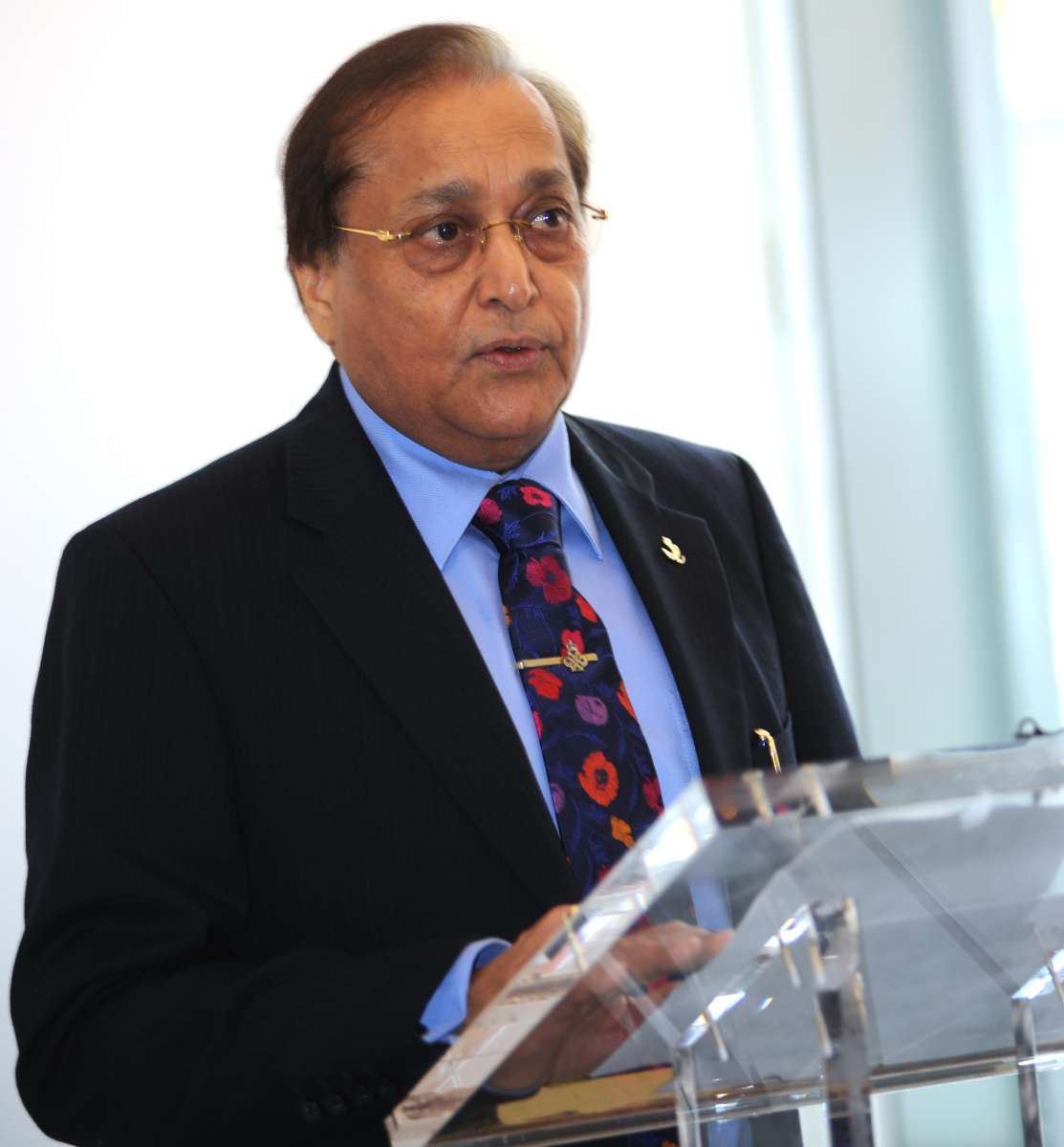The bravery of the Sikhs is recorded in the annals of history. The Battle of Saraghiri is one of the most famous where 21 Sikh soldiers kept 10,000 Afghan tribesmen at bay and fought until their last breath in defence of the British realm, rather than desert their posts. The Afghan tribesmen had expected to be able to take the British forts at Gulistan but due to the bravery of the Sikh soldiers, they were unable to reach the fort in time and the British were able to send reinforcements and quash them…writes Dr Rami Ranger MBE, Chairman The British Sikh Association

I am delighted with the announcement that the Ministry of Defence (MOD) is considering forming a Sikh Regiment in the British Army. A Sikh regiment within the British army will draw upon their reputation of fearless military prowess in much the same way as it has done for the Ghurkhas. The Sikh Regiment was the most decorated in the British Empire. They were awarded more Victoria Crosses per head than any other community. Until today, it remains the most decorated regiment in the Indian Army and it is only right that we re-enact this regiment which has such a proud history and heritage to inspire our future generations.
The bravery of the Sikhs is recorded in the annals of history. The Battle of Saraghiri is one of the most famous where 21 Sikh soldiers kept 10,000 Afghan tribesmen at bay and fought until their last breath in defence of the British realm, rather than desert their posts. The Afghan tribesmen had expected to be able to take the British forts at Gulistan but due to the bravery of the Sikh soldiers, they were unable to reach the fort in time and the British were able to send reinforcements and quash them.

Field Marshal, the First Viscount Slim said at the time, “You are never disappointed when you are with the Sikhs. Those 21 soldiers all fought to their last breath. This kind of bravery should be within all of us”. The soldiers were lauded in Britain and their pride went throughout the British Indian Army. The British Army will pay a tribute to those brave soldiers by recreating the Sikh regiment which served the Empire magnificently.
In the words of the indomitable Sir Winston Churchill, “British people are highly indebted and obliged to Sikhs for such a long time. I know that within this century we needed their help twice and they did help us very well. As a result of their timely help, we are today able to live with honour, dignity and independence”. If Sir Winston Churchill, one of the greatest leaders in world history held such an elevated opinion of the Sikh regiment in the army, then surely we must take heed.
Sikhs are settled in Britain in considerable numbers and are now nearing 800,000 strong. As a result, it would not be difficult to recruit them locally. The Sikh regiment would provide the British Sikhs the motivation to keep their illustrious tradition alive in the British Army which was established by their fathers and fore fathers going back 160 years.
Regrettably, Sikhs are often the victims of mistaken identities and are wrongly grouped with Islamist terrorists who are perpetrators of vile acts in the name of their religion. They are also bearded and turbaned but their values could not be more different. The Sikh regiment will raise the profile of Sikhs in Britain whereby ordinary people will start to recognise them for what they really are, a force for good. This will also help improve social cohesion in Britain where Sikhs live in significant numbers make a huge contribution in every field. In addition, it will also instil a strong sense of belonging in the Sikhs for their adopted country, Britain. It will also encourage Sikhs to wear their Turbans with pride which were worn not to oppress or suppress anyone, but to liberate those who were being oppressed and suppressed in the name of religion.
The Sikh Regiment will also strengthen ties between India and Britain as Sikhs are identified instantly as Indian, especially when we are trying to promote and build our ties with India. This will also be a highly visible way of showcasing our historical links and common heritage between two great nations. The Sikh regiment will generate even more respect for India as it will be a symbol of how both countries stand for similar values. In short, it will prove to be a win, win situation for the Sikhs, Britain and India.
The question will surely be asked – why not extend this to other faiths and cultures residing now in Britain. I would answer that we already have separate regiments for the Scots, the Irish, Welsh and the Ghurkhas so we can extend this to other communities living in the UK. Soldiers working together from the same culture have a great understanding of their common history and heritage and are further motivated to preserve and protect their honour.